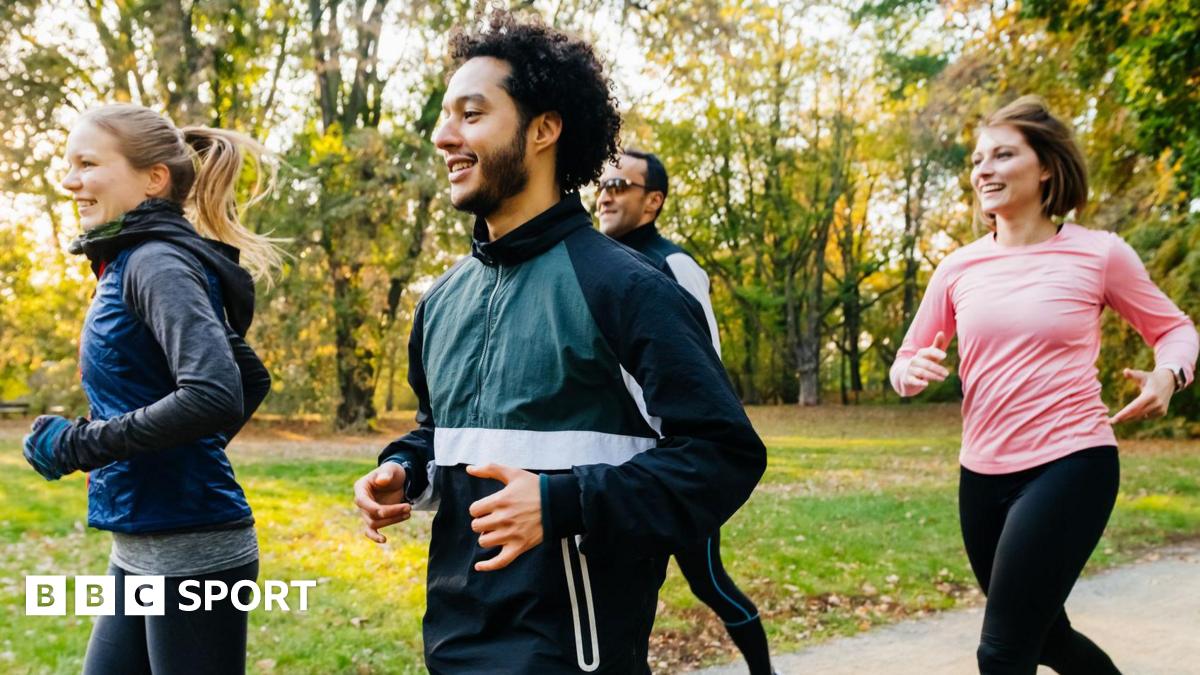Inactivity costing £20bn a year, says Sport England
Equal access to sport and exercise could help tackle an estimated £20bn shortfall in the public finances, according to Sport England.
Before next week’s Budget, the funding agency says new research highlights “the critical role” physical activity plays in supporting public finances and economic growth.
But it also warns inactivity is costing a “staggering” £20bn a year and has called for more investment in sport.
It claims that is the amount in healthcare savings, productivity gains and improved wellbeing that could be unlocked if the least active groups in society – such as those with disabilities, on lower incomes and black people – were supported.
Earlier this year, Sport England found 67% of the adult population were meeting the chief medical officers’ recommended guidelines, external for weekly physical activity – a record high. But it warned more needed to be done to tackle inequalities.
At the time, the government said tackling inactivity was “at the heart of our preventative health agenda”.
Sport England also says its research found grassroots sport and exercise boost the economy by £36bn every year through employment opportunities, volunteering, facilities and equipment.
And it calculates that for every £1 invested in the sector, £4.38 is generated for people and the public purse, via savings to the NHS, chronic illness prevention, improved workforce productivity, and enhanced health and happiness.
In addition, £14bn in tax revenue is generated by grassroots sport and exercise every year: a return of approximately six to seven times the public investment in sport and exercise.
“It’s shocking that inequalities in activity levels cost the public purse nearly £20bn every year,” said the chair of Sport England, Chris Boardman.
“Inactivity is quietly draining our economy, health system and our communities – but we can change that.
“Excitingly, the solution is right in front of us: movement. With a return on investment of more than four to one, billions can be saved in healthcare, our workforce will be more productive and quality of life improved for millions.”
Earlier this month, the chancellor Rachel Reeves warned she would make “necessary choices” in the Budget after the “world has thrown more challenges our way”, and did not rule out a U-turn on Labour’s general election manifesto pledge not to hike income tax, VAT or National Insurance.
In June, leaders across the sport and physical activity sector jointly wrote to Prime Minister Sir Keir Starmer, warning that if they were not prioritised in government spending plans it would “risk the decline or closure of more facilities and clubs”.
The letter was signed by organisations including the Youth Sport Trust, the Sport and Recreation Alliance, gym and leisure-centre body Ukactive and the Sport for Development Coalition.
